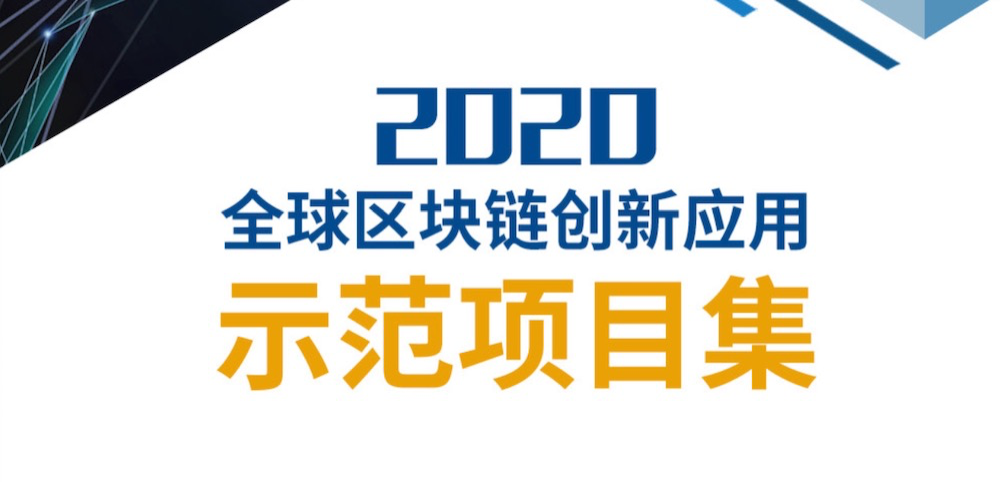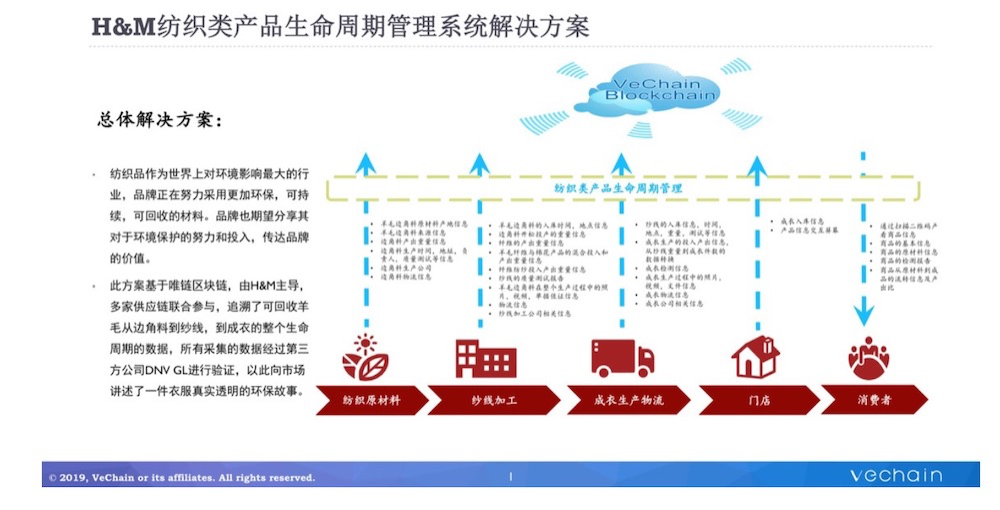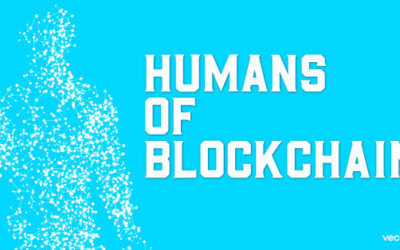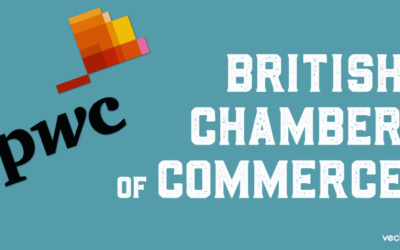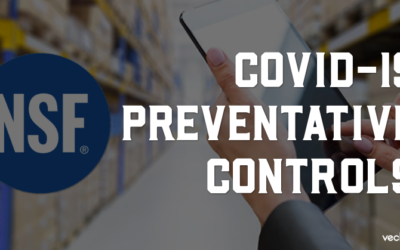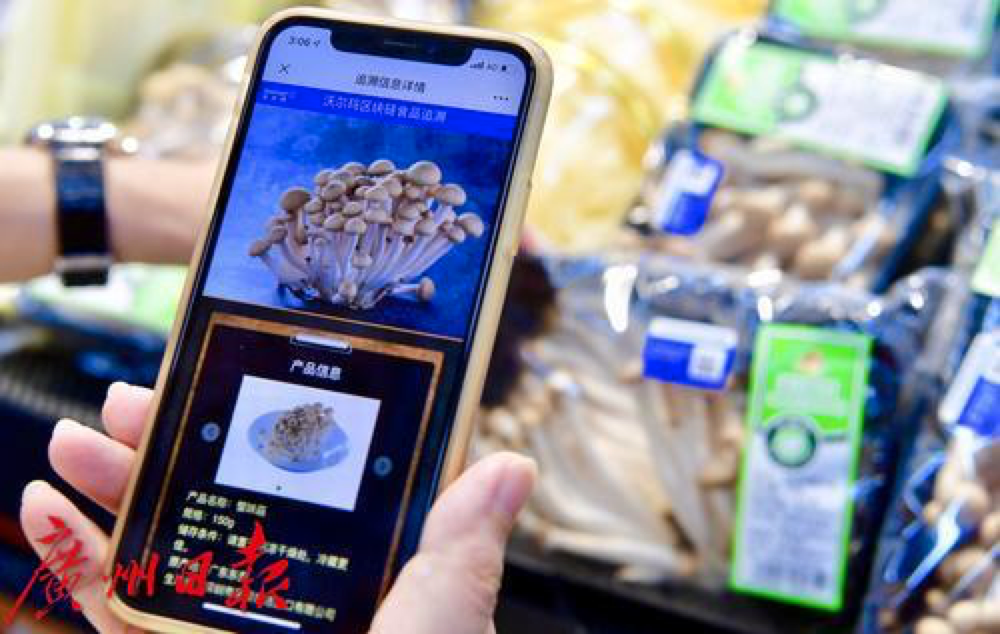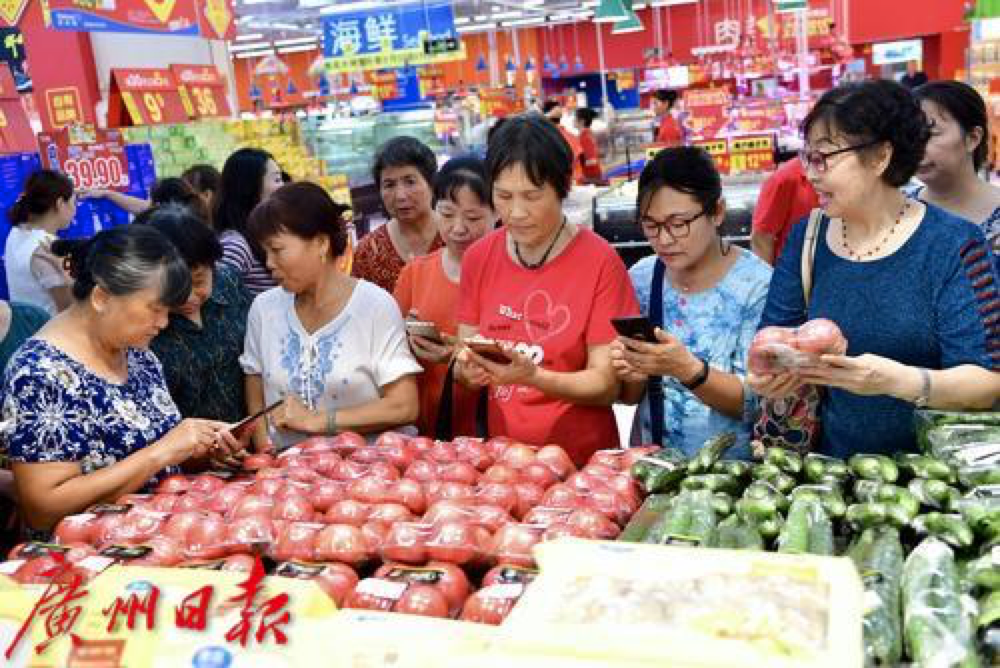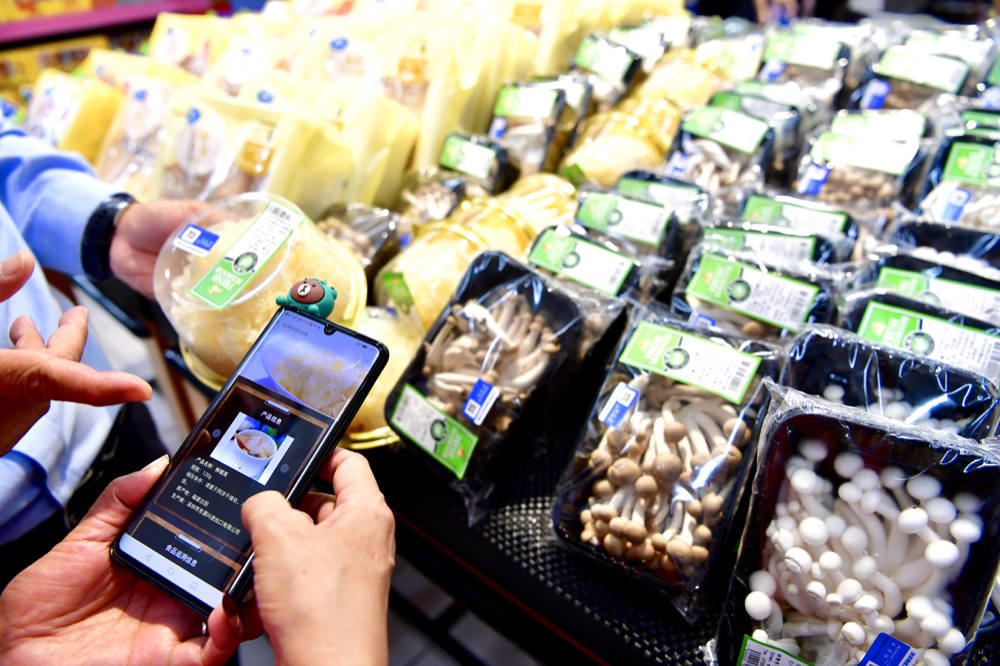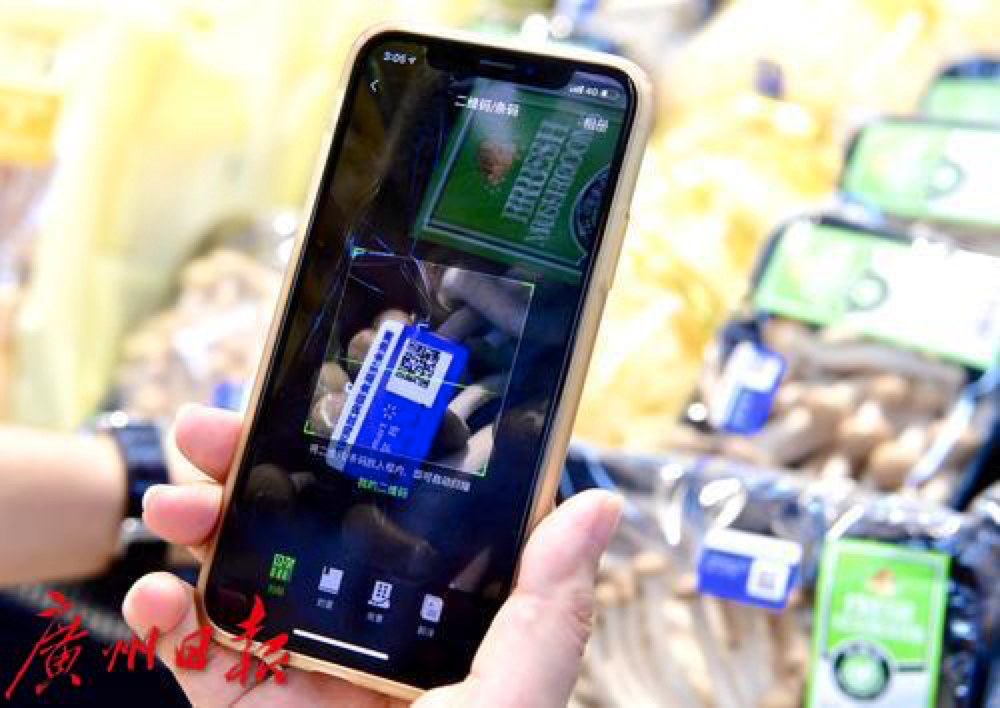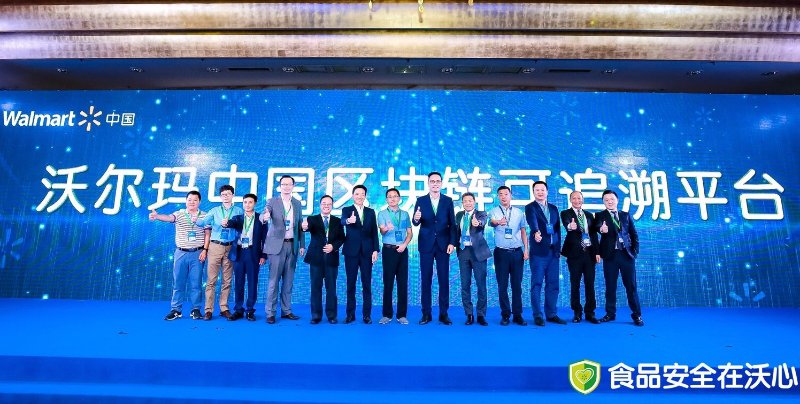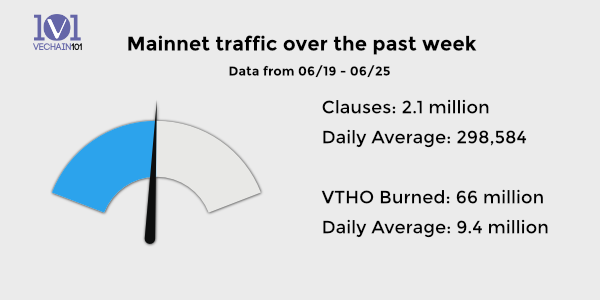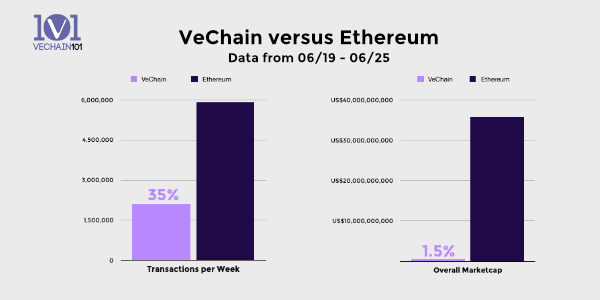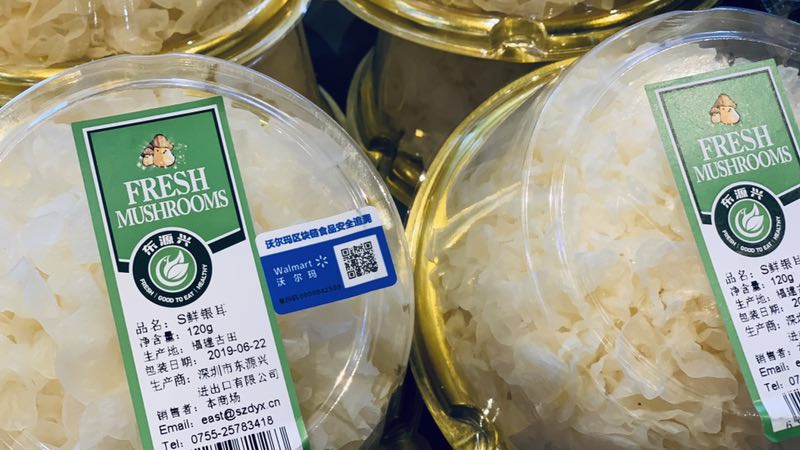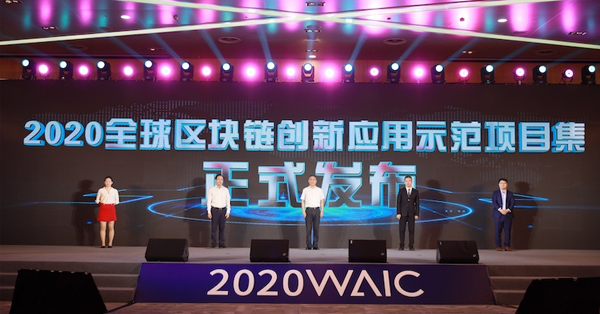
VeChain featured in Global Blockchain Applications report published by Shanghai government
At the start of the blockchain session during the World Artificial Intelligence Conference in Shanghai, the Shanghai Municipal Commission of Economy and Informatization and the Shanghai Finance Information Association released a joint report entitled 2020 Global Blockchain Innovation Applications. The detailed report showed off a number of existing applications using blockchain technology, including VeChain’s Shanghai Gas project, Walmart China’s Food Safety Platform, and the H&M sustainable fashion deployment. The Shanghai Municipal Commission of Economy and Informatization is an official government bureau under the Shanghai Municipal Government.
The report screened applications based on four metrics: advancement and innovation, quantifiable economic and social benefits, reproducibility and demonstration, and compliance with application case results. It focused on projects across seven fields: Industrial Finance, Governance, Social Livelihood, Judicial deposit, Culture and Entertainment, Intelligent Manufacturing, and Financial services. VeChain was one of the only public blockchains represented, and with three use cases shown off, has further established a clear positional advantage in the Chinese blockchain space.
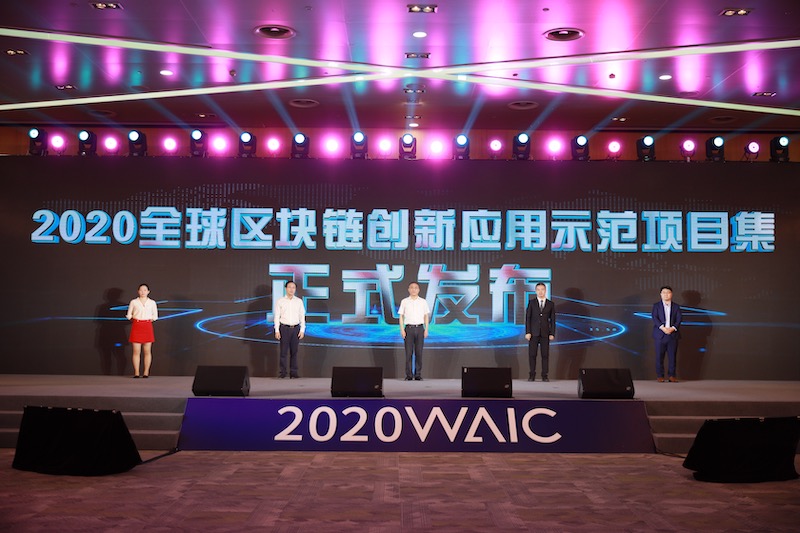
The report was launched in a large ceremony during WAIC featuring Liu Shanquan of the Shanghai Municipal Commission of Economy and Informatization, Xing Bo, President of the Shanghai Finance Information Industry Association, and Wu Jun, Secretary-General of the Blockchain Technology Application Alliance
Featured Project #1: Shanghai Gas
Shanghai Gas’s Energy as a service platform was featured prominently on page 11 of the report, with an explanation of how VeChain’s technology allowed the company to create the world’s first liquified natural gas (LNG) information digitization platform. The platform helped to link upstream and downstream businesses in the LNG industry, allowing the secure sharing of data between operations, sales, receiving stations, as well as insurance and finance services. Information acquired included LNG storage tank data from the Wuhaogou site (pictured below), LNG quality data, LNG order information (including delivery order number, delivery volume, logistics carrier vehicle and crew information, etc.) and loading information. This helped to remove the data silo effect between the Wuhaogou site, logistics carriers, and downstream customers.
The report explained how VeChain provided blockchain infrastructure and application architecture support, while partners PriceWaterhouseCoopers gave consulting services on project strategy, research and implementation. Included was a look at the Shanghai Gas project roadmap, which included real-time resource trading, innovation finance services, and logistics operations management services.
Featured Project #2: Walmart China Blockchain Traceability Platform
The second project featured shared how Walmart China, who also presented later in the day at WAIC, are using VeChain’s technology to help meet shopper demand for higher requirements on quality and food safety. The platform shares product data between the suppliers, Walmart distribution centers and consumers. 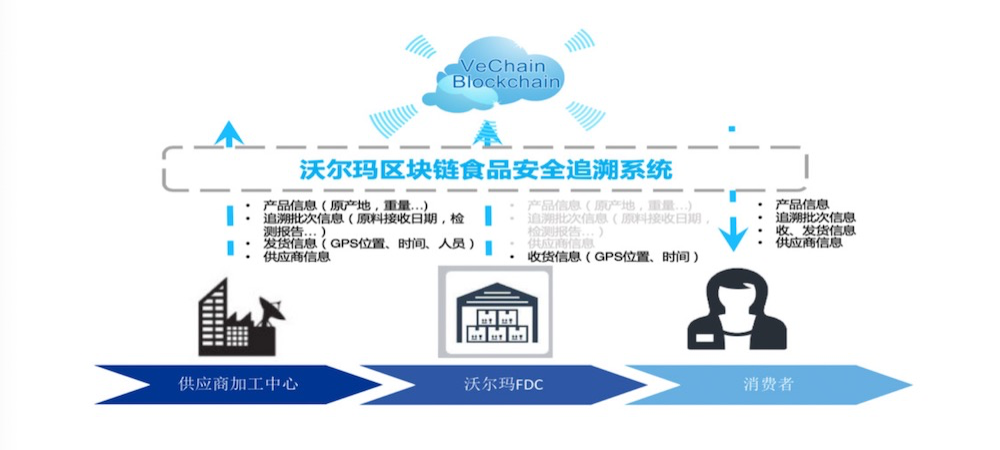
Consumers can scan the QR code to view the information of products uploaded to VeChain’s ToolChain platform, such as the source of goods, the geographic location information when it was received by Wal-Mart, logistics processing time, product inspection reports and other detailed information. While not featured in the report, it is well-known that after the success of the platform, it has expanded to include premium products in membership-only Sam’s Club China stores as well.
Featured Project #3: H&M and Arket
This section featured a look at one of VeChain’s earlier projects where they implemented NFC tags into Arket beanies. They discussed how H&M Group is continuously exploring blockchain application scenarios with VeChain in the field of sustainable fashion.
By working with VeChain and third-party verifiers DNV GL, H&M Group is able to track product life data from raw textile materials, processing plants, garment production logistics, stores, and finally to the customers. The project used smart devices and IoT sensors and allowed supply chain participants to record and view data using either a web app or a mobile app, making integration more flexible.
The full 125 page report is available in Chinese here.

